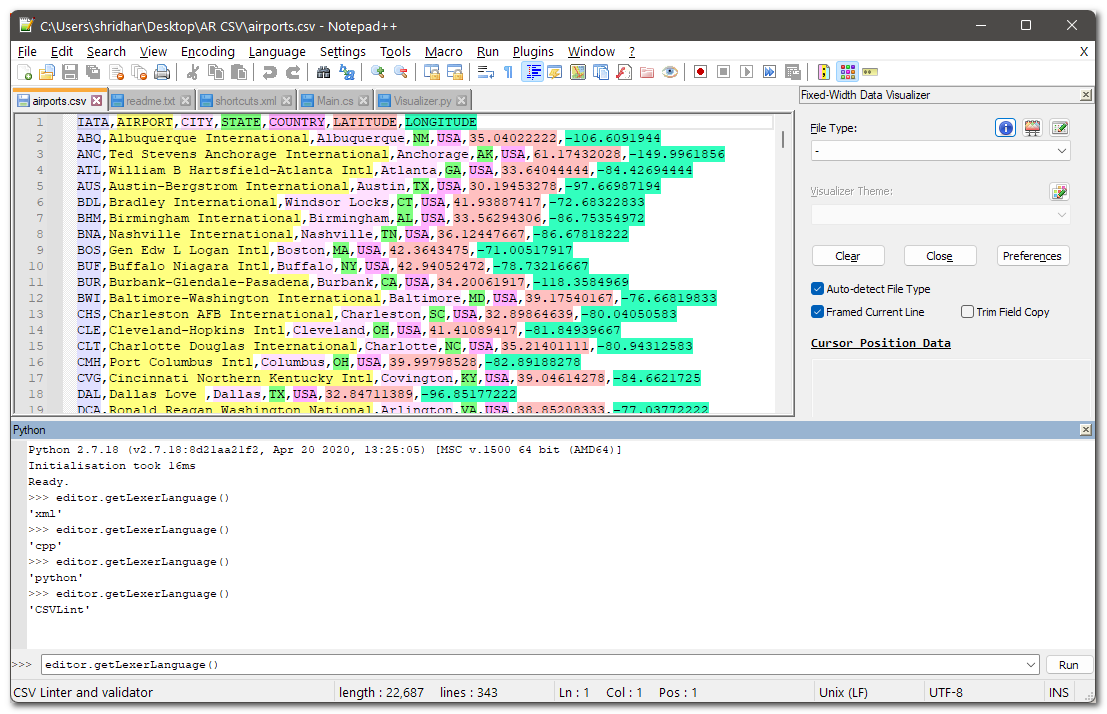CSV files are widely used for data storage, reporting, and analysis. However, file corruption, formatting errors, and incomplete transfers can compromise the integrity of your CSV data. Using a CSV file integrity checker helps detect these issues before they impact analysis or business decisions.
Popular Tools for CSV File Integrity Checking:
Why Checking CSV Integrity Matters:
Best Practices for CSV Integrity Checking:
Maintaining CSV integrity ensures your data remains accurate, complete, and reliable, allowing you to confidently analyze, report, and share insights. By staying proactive and using the right integrity checking tools, you can prevent costly mistakes caused by corrupted or malformed CSV files.
Popular Tools for CSV File Integrity Checking:
- CSVLint – A free, online validator that checks CSV files for format correctness, missing headers, and inconsistent row lengths. It’s ideal for quick validation before importing data into other systems.
- GoodTables – This tool validates CSV and tabular data for schema compliance and structural issues. It’s perfect for organizations that rely on automated pipelines and need continuous data quality monitoring.
- OpenRefine – While primarily a cleaning and transformation tool, OpenRefine can identify anomalies such as irregular rows, missing values, or corrupted entries in CSV files.
- Python Libraries (pandas + csv module) – Developers can write scripts to check for duplicate rows, missing values, unexpected nulls, or inconsistent data types. For example, Pandas can detect rows with missing or corrupted data with df.isnull() and df.dtypes.
- DataCleaner – This free desktop tool performs advanced validation and profiling, helping identify errors, outliers, and corrupted CSV records.
Why Checking CSV Integrity Matters:
- Prevent Analysis Errors: Corrupted CSVs can lead to miscalculations or wrong conclusions.
- Ensure Smooth Data Transfers: Detect issues before uploading or sharing files to other systems.
- Maintain Data Quality: Continuous integrity checks help maintain reliable datasets for reporting, visualization, and analytics.
Best Practices for CSV Integrity Checking:
- Validate Files Early: Always check newly received or exported CSV files before processing.
- Automate Checks: For large datasets or recurring uploads, schedule automated validation using scripts or tools.
- Backup Original Data: Maintain a copy of the raw CSV file before performing checks or corrections.
- Use Multiple Tools: Cross-validate files using different platforms to ensure thorough detection of errors.
Maintaining CSV integrity ensures your data remains accurate, complete, and reliable, allowing you to confidently analyze, report, and share insights. By staying proactive and using the right integrity checking tools, you can prevent costly mistakes caused by corrupted or malformed CSV files.
